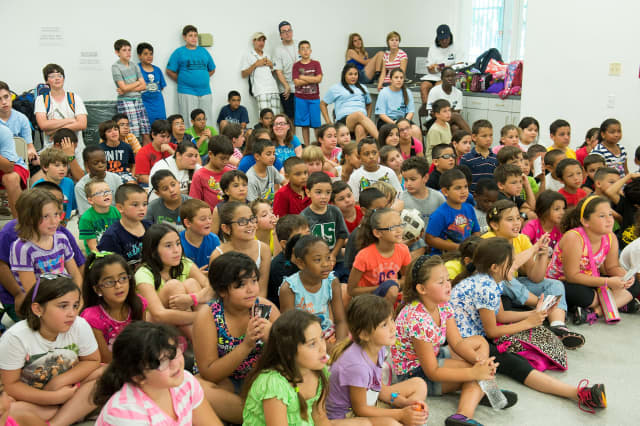If we analyse the composition of the French team more closely for example, quickly we see that all the athletes started practising early and that they went through all the stages, ranging from recreational practice to the high level. They are all very attached to their first judo teacher, the one who gave them a taste for the sport, even if in the first hours they may have thought that judo was not for them.
Very often children take the path of the dojo, because there is always one near them and because their parents, a big sister or a big brother practises or has practised the discipline. Young people want to be like mum or dad.
As we have already pointed out, by taking up judo, the children will first of all develop their motor skills and flexibility, judo being the path to flexibility. They will learn through play, by rolling and falling, and will perfect their movements both standing and on the ground. The fatigue inherent in practising judo will be good fatigue. The children will have had fun and the parents will see that their children's boundless energy has been channelled.
By imposing codified rituals, young judoka discover rules. They learn that to practise their favourite sport freely, they need to respect rules. The bow to the tatami, the teacher or the partner, the absolute prohibition of walking on the tatami in shoes, for reasons of hygiene and safety, are part of these simple rules which promote a positive life within a group. They discover the notion of hierarchy since during the bow at the beginning and end of the session, the judoka are lined up by belt level.
Children are subjected to test their knowledge and pass grades regularly. Diligence and work, always in a good-natured atmosphere, are rewarded. Judo is an excellent school of perseverance.
An important point, which was part of the development strategy for judo in France and around the world, is that it is a sport suitable for all sizes and all ages, without any discrimination of any kind. If the training is often carried out by age category, although in many countries such as Japan for example it is not uncommon to find children and adults on the tatami at the same time, the exercises are adapted to the body type. Everyone can express themselves freely.
When young people taste their first sporting activities and then gradually competition, they learn to manage stress. Finding yourself facing an unknown opponent causes psychological tension that must be mastered. Judo allows this and is therefore an ideal tool for knowing how to manage any situation that is out of the ordinary. However, it is important that at the beginning all children are rewarded. It is not so much the result that counts but the influence it will have on the adults of tomorrow.
This holistic approach was applied in France as soon as judo entered the country. It has made our sport the educational sport par excellence for any parent, one which attracts hundreds of thousands of practitioners, many of whom are children, in the thousands of dojos scattered throughout metropolitan and overseas territories. It has made it possible to create a deep pool which feeds the national team on the one hand, but also the teaching community and that of sports leaders.
We can never repeat enough that putting on your first judogi and taking your first steps on a tatami is not a trivial thing. It has an immeasurable impact on the future of our children. After this first discovery, they will no longer be the same. This change, which can be compared to a revolution, is what we all need.







